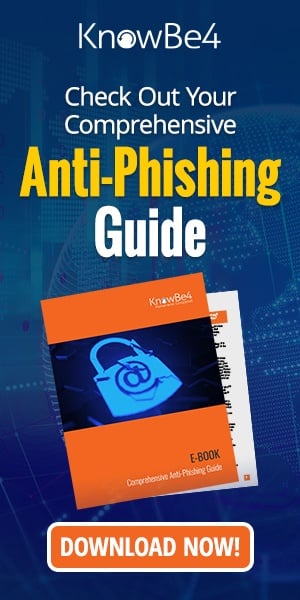 INKY has published its annual report on email security, finding that phishing accounted for 30% of all reported cybercrimes last year.
INKY has published its annual report on email security, finding that phishing accounted for 30% of all reported cybercrimes last year.
“Phishing threats grew in both volume and sophistication, introducing new attack vectors like QR codes, cross-site scripting, and weaponized file types (e.g., RTF and DOT),” the report says.
“Cybercriminals also increasingly exploited trusted services such as DocuSign and PayPal, underscoring the urgent need for adaptive, robust security solutions.”
Threat actors continue to use QR codes as an alternative to text-based phishing links. Interestingly, as email security solutions have adapted to check for images containing malicious QR codes, attackers have begun using Unicode characters to manually construct QR codes from black and white squares. A phone’s camera will still recognize this as a QR code, but an email filter will simply see a table of text characters.
The researchers also observed an increase in phishing attacks that used URL encoding to conceal malicious links.
“URL encoding converts characters into a format that can be transmitted over the Internet,” INKY explains. “This encoding replaces unsafe ASCII characters with a ‘%’ followed by two hexadecimal digits. Spaces are replaced by ‘+’, and special characters like ‘<’, ‘>’, ‘/’, and others are replaced by their respective hexadecimal codes. Then, to the delight of cybercriminals everywhere, web browsers will automatically decode the obfuscated strings back into ASCII.”
Additionally, attackers are abusing legitimate notifications from services such as Adobe to insert phishing messages.
“Looking for the tell-tale signs of a phishing email is something many of us have come to do automatically,” the report says. “However, things get much trickier when the phishing emails come in the form of legitimate Adobe notifications, have been authenticated (SPF & DMARC) by adobe.com, and use actual Constant Contact tools.”
KnowBe4 empowers your workforce to make smarter security decisions every day. Over 70,000 organizations worldwide trust the KnowBe4 platform to strengthen their security culture and reduce human risk.
INKY has the story.
 Here's how it works:
Here's how it works:



